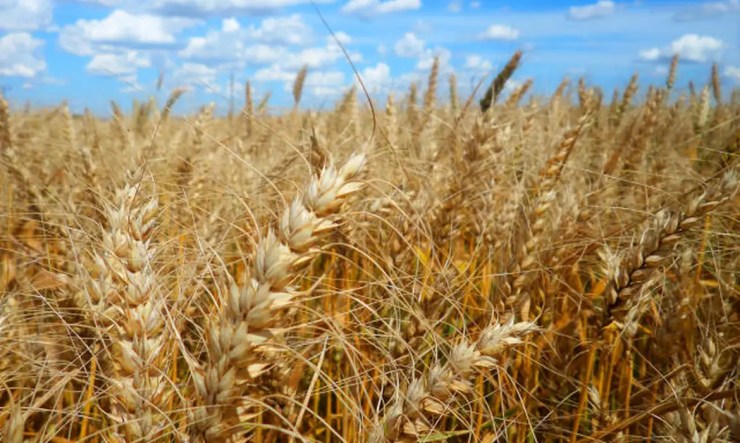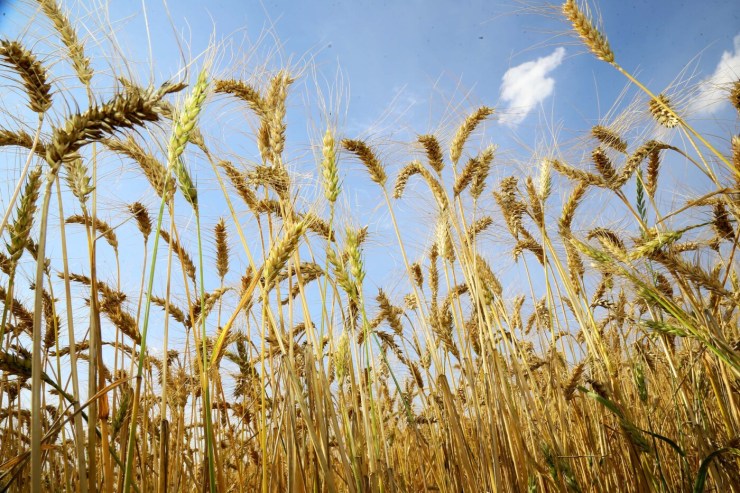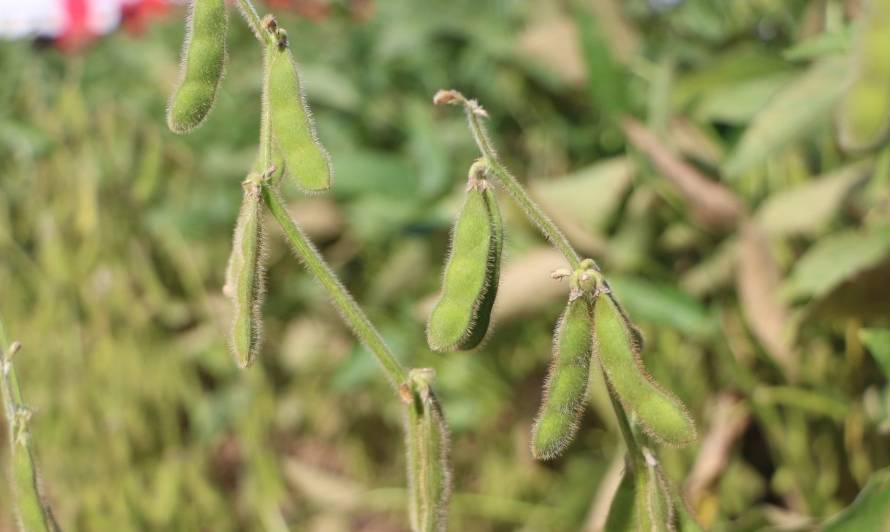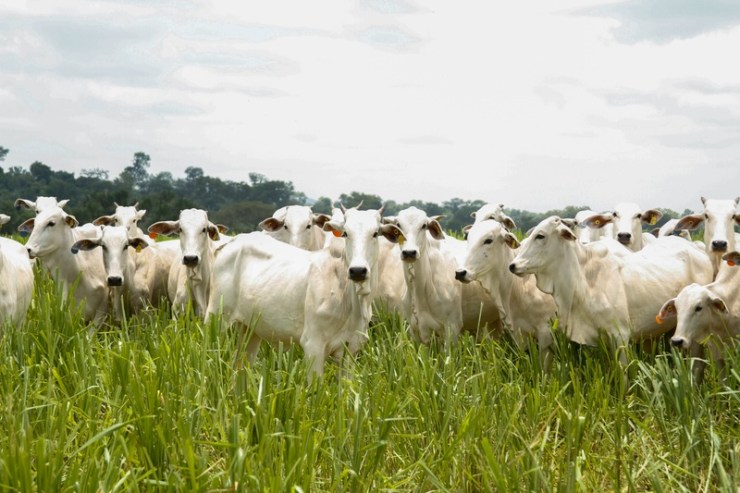Grain processing is a fundamental process in the food production chain. It consists of a series of steps aimed at removing impurities, classifying, separating and standardizing the grains, making them suitable for human consumption or for the production of other foods.
Grains are harvested directly from the field and often contain impurities such as soil, stones, twigs and other foreign particles that need to be removed. Processing begins with cleaning the grains, which is done using sieves, fans, vacuum cleaners and magnetic separators. These devices remove impurities, leaving the grains cleaner and more suitable for processing.
After cleaning, the grains are sorted according to their size, shape and quality. This is done using equipment such as vibrating screens, gravity separators and grading chambers. Sorting is important to ensure that the grains are standardized, which is essential for producing food of consistent quality.
After being classified, the grains can undergo other processing steps, such as removing the husk (in the case of rice), separating the bran (in the case of wheat) or removing smaller impurities, such as damaged seeds or broken grains.
The importance of grain processing is clear. It ensures food quality and safety by removing impurities and standardizing grains. It also improves the efficiency and productivity of production processes by reducing waste and increasing processing capacity.
Another benefit of grain processing is the possibility of adding value to the final products. For example, removing the husk from rice produces a whiter, more attractive grain, which can increase its market value. In addition, processing can allow the production of differentiated products, such as organic or gluten-free grains.
In short, grain processing is an essential process in the food production chain. It ensures the quality, safety and standardization of grains, improving the efficiency and productivity of production processes. In addition, it allows for the addition of value to final products, providing business opportunities for food producers and processors.





